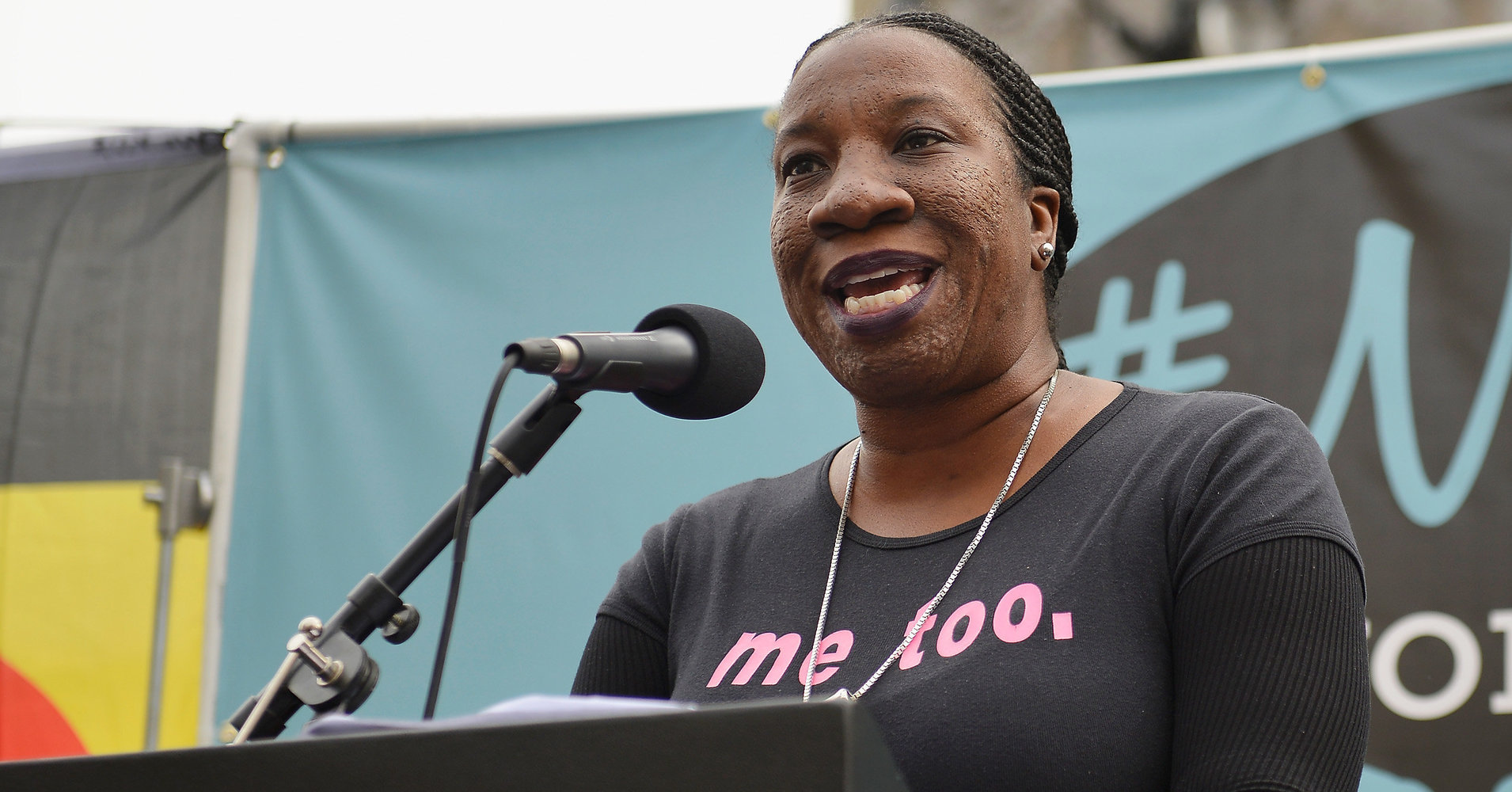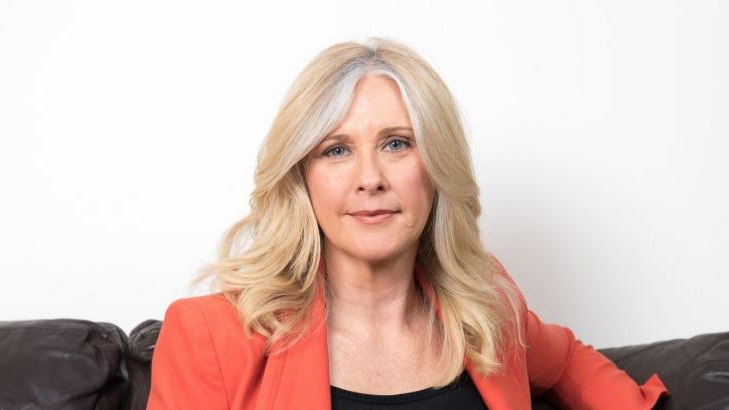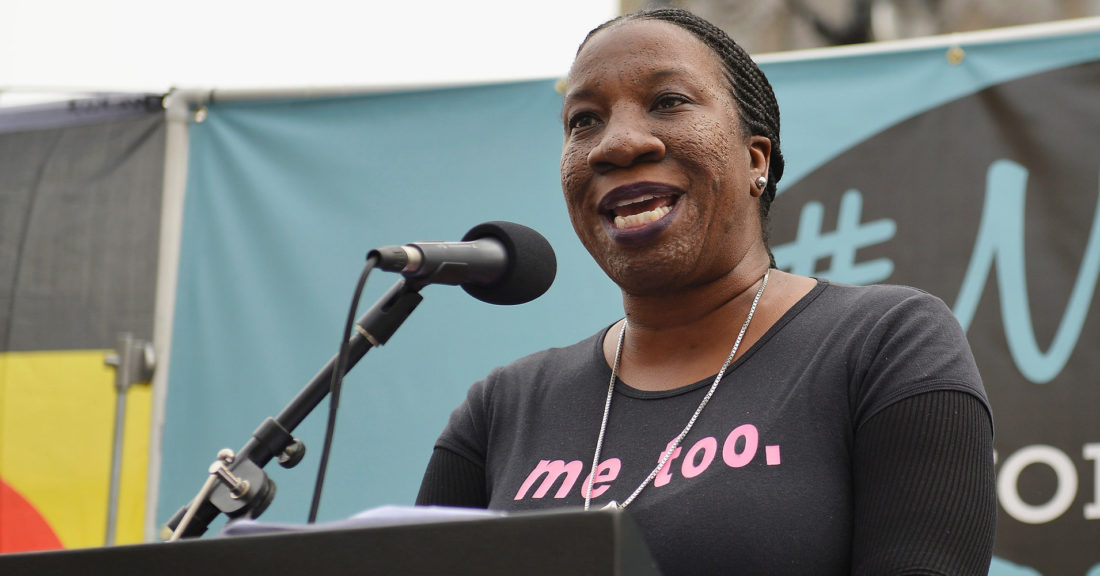Sydney Peace Prize Awarded to the #MeToo Movement
The founder of the #MeToo movement, New York-based activist Tarana Burke, has been awarded this year’s Sydney Peace Prize in conjunction with Australian journalist Tracey Spicer.
The two recipients will receive the prize on behalf of the #MeToo movement on November 14 at Sydney Town Hall where they will deliver the 2019 Sydney Peace Prize lecture.

HOLLYWOOD, CA – NOVEMBER 12: Activist Tarana Burke speaks at the #MeToo Survivors March & Rally on November 12, 2017 in Hollywood, California. (Photo by Chelsea Guglielmino/FilmMagic)
The sometimes controversial prize, bestowed by the Sydney Peace Foundation at the University of Sydney, has been awarded in the past to Archbishop Desmond Tutu, Mary Robinson, Noam Chomsky, Patrick Dodson, Naomi Klein, and the Black Lives Matter Global Network.
The 2019 Sydney Peace Prize Jury’s citation recognises the #MeToo movement for ”empowering survivors of sexual harassment and violence, and elevating their voices; for championing truth and justice; for highlighting the breadth and impact of sexual violence worldwide; and for launching a demand for change that is sweeping the world”.
Ms Burke began building the movement in 2006 to support survivors of sexual violence, while Ms Spicer collaborated with the Herald and the ABC on a series of investigations into harassment of women in the Australian media and created NOW Australia in 2018 to support those who have been sexually harassed in their workplace.
 The #MeToo movement shot to global prominence when celebrities started using its name as a social media hashtag in support of women who had come forward to level allegations of sexual harassment and assault against the Hollywood mogul Harvey Weinstein. In the following months similar allegations were made against a slew of powerful media and entertainment figures who had used their stature over the years to silence their victims.
The #MeToo movement shot to global prominence when celebrities started using its name as a social media hashtag in support of women who had come forward to level allegations of sexual harassment and assault against the Hollywood mogul Harvey Weinstein. In the following months similar allegations were made against a slew of powerful media and entertainment figures who had used their stature over the years to silence their victims.
They included NBC anchor Matt Lauer, Fox News chief executive Roger Ailes and its star host Bill O’Reilly. It spread around the world, with Spicer working on an investigation into the behaviour of television gardener Don Burke.
Ms Burke said awards such as the Sydney Peace Prize were crucial in helping to explain the importance of the movement beyond high profile individuals and industries.
She noted that workplace sexual violence existed on a spectrum and that while it always caused harm it did not always meet the standard of criminal behaviour.
Its common thread was that it involved an abuse of power.
“Culture has not yet shifted away from that yet. And it will not unless it is pushed. No one gives up power without a fight,” she said.
She said the #MeToo movement had at times been both misunderstood and misrepresented, using as an example the backlash after it was suggested that #MeToo was fighting to have the Christmas song Baby, It’s Cold Outside banned.
Ms Burke said that in Australia she was particularly keen to learn more about the experiences of men and women of colour, as those less power in societies were particularly vulnerable to abuses of power, and she was keen to learn more about how the movement was faring in a society without America’s constitutional protection of freedom of speech.


